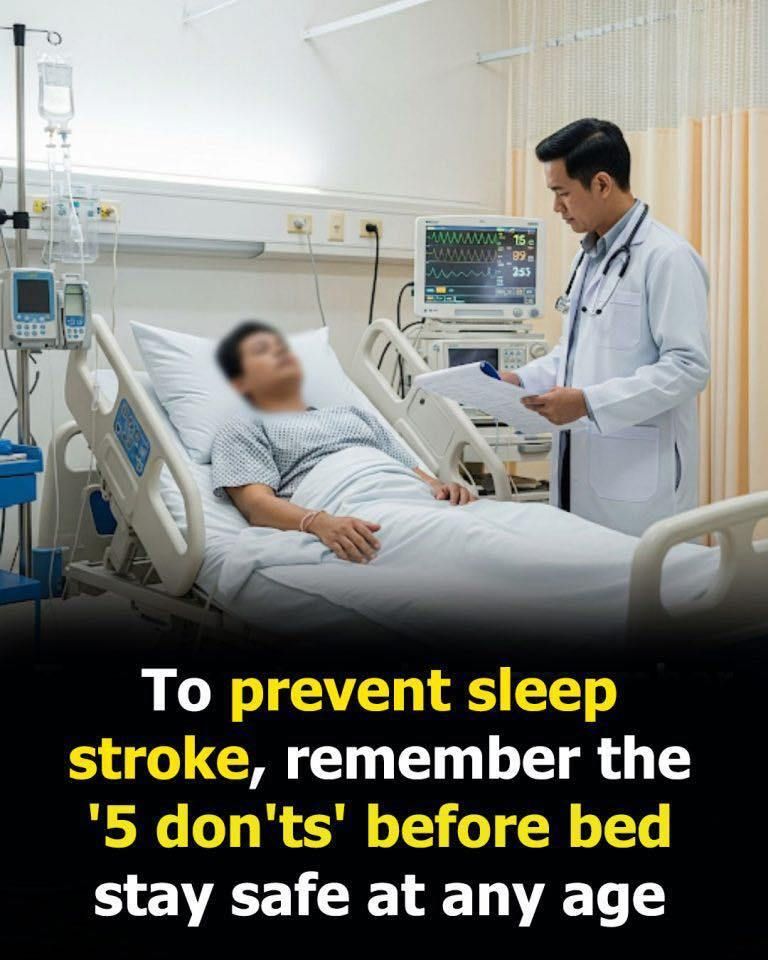Most people think of strokes as something sudden and obvious—an emergency that strikes during the day. But what many don’t realize is that strokes can also happen while you’re asleep. Known as “wake-up strokes,” these nighttime events can be even more dangerous because they often go unnoticed until hours later, delaying treatment when every minute matters.
The truth is, your evening habits play a powerful role in whether you protect—or put extra strain on—your heart and brain. By paying attention to what you do in the hours before bedtime, you can lower your risk of suffering a stroke while you sleep.
Ezoic
This guide explores the warning signs of a sleep stroke, along with five critical “don’ts” and six smart “do’s” to follow each night.
What Is a Sleep Stroke?
A stroke occurs when blood flow to the brain is interrupted—either by a clot that blocks a vessel (ischemic stroke) or by a burst or leaking blood vessel (hemorrhagic stroke). When the event happens during sleep, doctors call it a wake-up stroke.
Because symptoms don’t appear until you wake up, treatment is often delayed. This is why nighttime prevention is so important.
Ezoic
How Do You Know If You Had a Stroke in Your Sleep?
